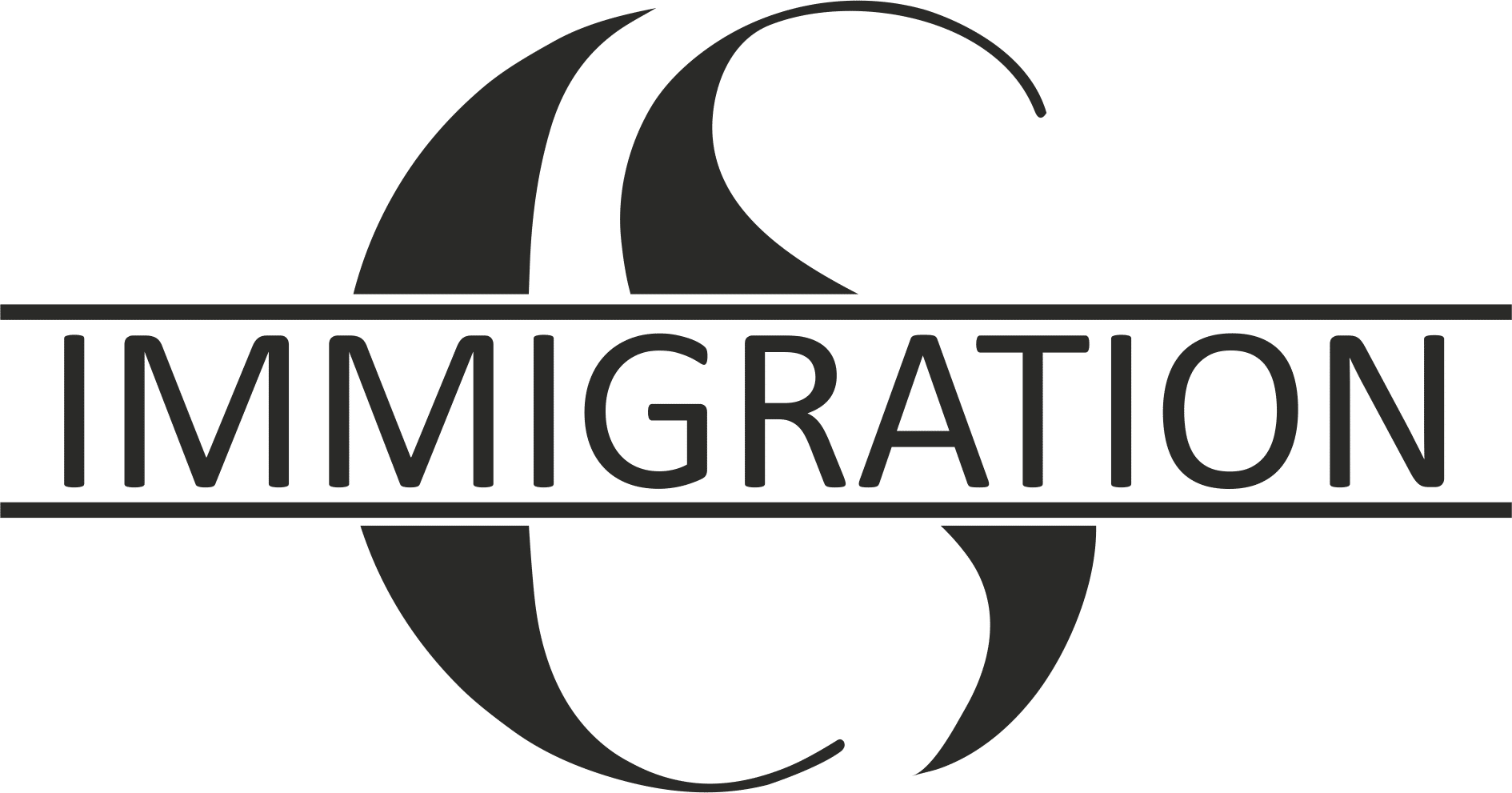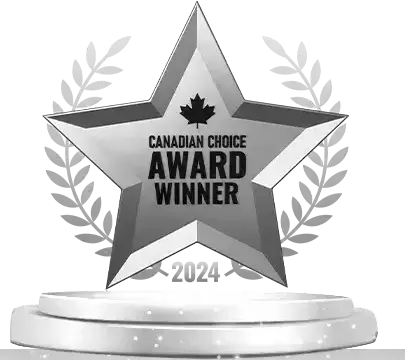n order to apply for a Canadian study permit, prospective international students must first obtain a letter of acceptance from a Designated Learning Institution (DLI). As each institution may have different admission requirements and application processes, interested applicants may contact the desired institution(s) individually. Find out more about studying in Alberta.
For a full list of DLIs by province, click here.
- University of Alberta: Considered a top five University in Canada, and in the top 100 globally, the University of Alberta combines excellent instruction, state-of-the-art facilities, well-funded programs, and world-renowned research. University of Alberta is based in Edmonton, with a campus in Camrose.
- Signature programs: Engineering (in particular Chemical, Biochemical and Nanoscience), Nanotechnology, Law, Education, Pharmacy
- University of Calgary: Consistently landing on global ranking lists, the University of Calgary recently scored first in Canada and 13th in the world in the “Top 50 under 50,” a system that evaluates universities less than 50 years old.
- Signature programs: Engineering, Business, Medicine, Veterinary Sciences and Development Studies
- University of Lethbridge: Consistently ranking as one of the top undergraduate schools in the country, the University of Lethbridge is known for its research reputation and mentorship. The smaller size of the university allows for intimate class sizes and low teacher to student ratios.
- Signature programs include Computer Science, Neuroscience, Public Health, Aboriginal Health, Urban and Regional Studies
- NorQuest College has a strong industry reputation for its healthcare programs. With a primary focus on preparatory and career-oriented courses, the college is popular with older students — over 60 percent of students are over 25 years old, with an average age of 31. The college has four campuses, two in Edmonton, one in Stony Plain, and one in Wetaskiwin. Interestingly for prospective international students, more than half of NorQuest’s students are born outside Canada.
- Signature programs: Healthcare (especially nursing and health care aide), Academic Upgrading, business, hospitality and service industry training
- The Northern Alberta Institute of Technology (NAIT) offers over 100 programs to several thousand students. NAIT may grant Bachelor degrees, Associate degrees, Certificates, and Diplomas. It is also the largest apprenticeship institute in Canada, training over 15,000 apprentices a year.
- Signature programs: Bachelor of Business Administration, Diploma Biomedical Engineering Technology, Diploma Hospitality Management
- While it is a separate institution from the NAIT, the Southern Alberta Institute of Technology (SAIT) has a similar number of students and also offers over 100 vocational programs leading up to a Bachelor, Associate degree, Certificate, or Diploma. SAIT trains its students with a career goal in mind, and graduates have a 95% job placement rate.
- Signature programs: Avionics Technology, Diagnostic Medical Sonography, Energy Asset Management, Butchery and Charcuterie Management, Dental Assisting
- Albertan institutions offer a wide variety of specialized Engineering programs, many of which are related to the oil and natural resource industries.
- Healthcare is a major employment area in Alberta, and this is consistent with the high quality of many healthcare study programs.
- In addition to the programs above, institutions across Alberta offer a broad range of programs.
Tuition for international students varies widely, depending on the institution and study program. An undergraduate international student in Alberta may expect to pay between $18,000 and $50,000 per year at a unviersity. International students attending colleges or technical institutes may expect to pay between $10,000 and $26,000 per year. Language school and graduate school tuition may differ significantly.
- International students studying in Canada are required to purchase health insurance before arriving in Canada. Often, this is organized through the post-secondary institution.
- The provincial health plan Alberta Health Care Insurance Plan (AHCIP) may be available for free to international students with a Canada study permit, if they are pursuing a study program of one year or more. AHCIP covers basic medical expenses.
- Students who are ineligible for AHCIP may be required to obtain private health insurance. Individual educational institutions may also offer health insurance plans.
| Factor | Per month (approx.) | Per year (approx.) |
|---|---|---|
Accommodation (shared, off-campus) | $550 | $6,600 |
| Food | $250 | $3,000 |
| Clothing, miscellaneous | $150 | $1,800 |
| Recreation and entertainment | $150 | $1,800 |
| Transportation (Edmonton post-secondary student price) | $89.50 | $1,074 |
| Phone bill | $60 | $720 |
| Internet | $50 | $600 |
| Utilities | $120 | $1,440 |
| Cost of living total | $1,419.50 | $17,034 |
International students in Alberta may have access to private loans on the same terms as Canadian citizens and permanent residents. Loans may be offered by banks, student organizations, or other groups. It is important to properly research loan options, and understand the interest and repayment plans, before committing to any contract.
Many organizations and institutions may offer scholarships or bursaries to international students studying in Alberta. For more information, students are encouraged to contact the international student services department of their institution.
Graduate programs in particular often have funding options for students pursuing a Master’s or PhD program. It is important to contact the educational institution directly for more information.
- As one of the leading study areas in Alberta, most institutions offer a range of Engineering programs. These are often highly specialized in areas such as Petroleum Engineering and Environmental Engineering. University of Calgary and University of Alberta are both ranked by Maclean’s magazine in the top 10 Canadian universities for Engineering.
- The University of Alberta offers 21 areas of specialization in its Engineering program.
- NAIT offers 26 Engineering Technologies study programs, at the certificate and diploma level; SAIT offers 12.
- As a popular study area across Canada, many computer technology programs are available at Alberta universities and colleges.
- The University of Calgary and the University of Alberta are both ranked by Maclean’s magazine in the top 10 Canadian universities for computer science.
- Several of Alberta’s colleges are also well-regarded for their technology programs. NAIT and SAIT in particular are dedicated institutes for applied science and technology.
- As a popular program across Canada, it is possible to study Nursing and related health programs in many Alberta universities and colleges.
- The University of Calgary and the University of Alberta are both ranked by Maclean’s magazine in the top 10 Canadian universities for nursing, with the University of Alberta coming in third place.
- Several colleges offer Bachelor of Nursing degrees in partnership with universities — for example, Lethbridge College partners with University of Lethbridge, and Medicine Hat College partners with the University of Calgary.
STEM is an acronym for Science, Technology, Engineering, and Mathematics. While careers in STEM fields are popular, there is no specific program entitled “STEM” in an Alberta college or university. Prospective students are encouraged to research programs in their particular area of interest. Use the School Search tool to research programs in these fields.
- Wholesale and retail trade
- Construction
- Health care and social assistance
- Learn more about the economy and employment in Alberta.
- Use the Canada Job Search Tool to look for open positions across Alberta and Canada.
Graduates from a DLI in Alberta may apply for the Post-Graduation Work Permit after graduating from an eligible study program.
- The Post-Graduate Worker Category of the Alberta Immigrant Nominee Program (AINP) Strategic Recruitment Stream is open to students who have graduated from a study program of at least one year at an eligible Alberta institution and are working in the province with a post-graduation work permit.
- The International Graduate Category of the Alberta Employer-Driven Stream is targeted at individuals who graduate from a post-secondary institution in Alberta and have received a full-time, permanent job offer from an Alberta employer.
- International graduates who have completed their education at a school in Alberta may be eligible to immigrate through the federal Express Entry immigration selection system. Graduates may be awarded a significant number of points on account of their high level of education. Moreover, international graduates of Canadian educational institutions may have obtained important Canadian work experience, another highly valued factor under the Express Entry system.
Like much of Canada, Alberta is warm and dry in summer, and cold and snowy in winter. As the province stretches more than 1,200 kilometres from the northernmost point to the southern border with the United States, climate varies significantly across the province. While the cold and snow in winter can be extreme, Alberta is known as Canada’s sunniest province, with the highest proportion of hours of bright sunlight year-round.
- Students in Alberta may benefit from low costs of living — there is no provincial sales tax on goods and services — as well as a stunning natural environment comprising mountain ranges, lakes, and prairies.
- Students who start their studies in Alberta may be able to broaden their horizons to other schools as well, through the Alberta Transfer Program. This program allows students to undertake studies at one school and then transfer seamlessly to another. This means students may gain admission more easily to some of the most competitive universities in the country for the second or third year of the study program, and also allows for students to obtain multiple degrees.
- Calgary and Edmonton are the largest cities in Alberta. Calgary is home to a large number of corporate head offices, and notable industries include energy, financial services, film and television, transportation and logistics, technology, manufacturing, and aerospace. Edmonton is known as the “Gateway to the North,” as it is a staging point for large-scale oil sands projects occurring in northern Alberta and large-scale diamond mining operations in the Northwest Territories.
- Red Deer, Lethbridge, Medicine Hat, and Grande Prairie are the next largest towns.
To learn more about studying in Alberta, consult the Study in Alberta page.
